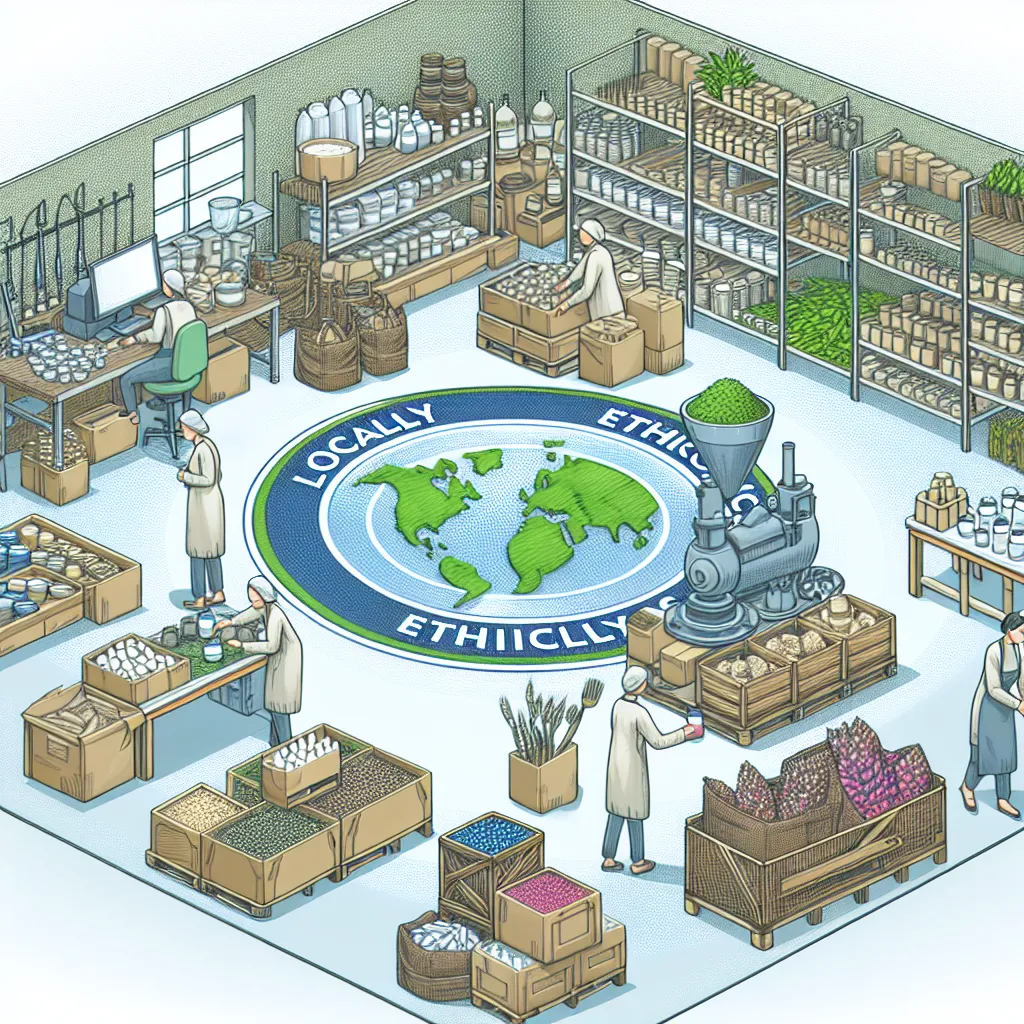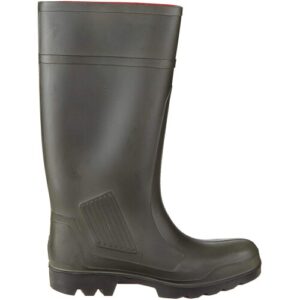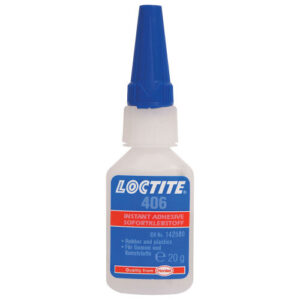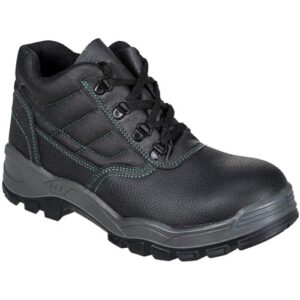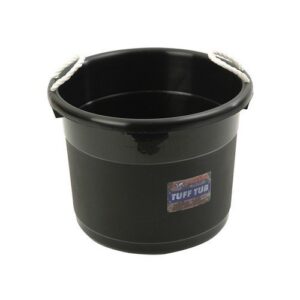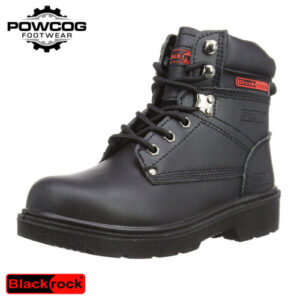Importance of Sustainable Practices in the Beauty Product Wholesale Industry
In an era where consumers are increasingly conscious of the environmental and ethical impact of their purchases, the beauty product wholesale industry is undergoing a significant transformation. Companies operating in this sector are realizing the importance of embracing sustainable practices and ethical sourcing. This shift towards sustainability is not only driven by consumer demand, but also by the industry’s recognition of the need to minimize its environmental footprint and contribute to a more socially responsible supply chain. One such example is the approach taken by marvis wholesale, which has been at the forefront of implementing sustainable initiatives in its manufacturing and distribution processes.
Importance of Sustainable Practices in the Beauty Product Wholesale Industry
When it comes to the beauty product wholesale industry, sustainability and ethical sourcing have become increasingly important. In recent years, there has been a growing awareness of the environmental and social impact of beauty product manufacturing and distribution. As a result, the importance of sustainable practices in this industry cannot be overstated.
One of the key aspects of sustainability in the beauty product wholesale industry is the sourcing of raw materials. Companies are now placing greater emphasis on ethically sourcing ingredients, such as palm oil, shea butter, and essential oils, to ensure that they are not contributing to deforestation, habitat destruction, or exploitation of local communities.
Furthermore, the use of sustainable packaging has also become a priority for many beauty product wholesalers. This includes utilizing recyclable materials, reducing excess packaging, and exploring innovative packaging designs that minimize environmental impact.
Moreover, the adoption of sustainable practices in manufacturing processes is crucial. This involves implementing energy-efficient production methods, reducing water usage, and minimizing waste generation. Additionally, some companies are investing in renewable energy sources to power their facilities, further reducing their carbon footprint.
From a business perspective, integrating sustainable practices can also lead to cost savings in the long term. By optimizing energy usage, reducing waste, and improving efficiency, companies can lower their operational expenses while enhancing their reputation as environmentally and socially responsible enterprises.
In conclusion, the beauty product wholesale industry is recognizing the significance of sustainability and ethical sourcing. Embracing sustainable practices not only contributes to environmental conservation and community welfare but also presents opportunities for operational and reputational benefits. As consumer demand for eco-conscious products continues to rise, prioritizing sustainability is not just a choice, but a strategic necessity for businesses in this sector.
Ethical Sourcing: A Key Factor for Sustainable Beauty Product Wholesale
In the beauty product wholesale industry, ethical sourcing is a crucial factor for ensuring the sustainability of the supply chain. Ethical sourcing involves the responsible procurement of ingredients and materials used in beauty products, taking into consideration the social and environmental impact of the sourcing process. By prioritizing ethical sourcing practices, beauty product wholesalers can contribute to positive environmental and social outcomes, meeting the growing consumer demand for sustainable and ethically sourced products.
When it comes to ethical sourcing, transparency and traceability are key components. Beauty product wholesalers should work closely with suppliers to ensure that ingredients are sourced in a manner that respects human rights, minimizes environmental impact, and supports fair labor practices. Utilizing sustainably sourced botanicals, organic ingredients, and cruelty-free materials are integral to ethical sourcing practices within the beauty industry.
Furthermore, ethical sourcing in the beauty product wholesale industry means establishing long-term relationships with suppliers who adhere to ethical and sustainable principles. This may involve conducting on-site visits to suppliers’ facilities, implementing ethical sourcing policies, and supporting initiatives that benefit local communities and the environment.
Overall, ethical sourcing is a fundamental pillar of sustainable beauty product wholesale. By integrating ethical sourcing practices into their operations, beauty product wholesalers can meet consumer expectations, drive positive change within the industry, and contribute to a more sustainable and ethical global supply chain.
Achieving Sustainability in the Beauty Product Wholesale Supply Chain
Sustainability and ethical sourcing in the beauty product wholesale industry are becoming increasingly important in today’s market. Achieving sustainability in the beauty product wholesale supply chain is a multifaceted endeavor that involves careful attention to various key aspects. One crucial element in achieving sustainability is the sourcing of raw materials. Companies need to prioritize working with suppliers who uphold ethical and sustainable practices, such as fair labor conditions and environmentally friendly production methods.
Another essential aspect of achieving sustainability in the beauty product wholesale supply chain is reducing environmental impact. This can be accomplished through the use of eco-friendly packaging materials, optimizing transportation methods to minimize carbon footprint, and implementing energy-efficient processes in manufacturing and distribution.
Furthermore, promoting sustainability in the beauty product wholesale supply chain involves fostering transparent and responsible relationships with all stakeholders. This includes engaging with customers, suppliers, and employees to communicate the company’s commitment to sustainability and ethical sourcing. By establishing clear sustainability goals and regularly monitoring and reporting progress, companies can showcase their dedication to creating a positive impact on the environment and society.
In conclusion, achieving sustainability in the beauty product wholesale supply chain requires a comprehensive approach that addresses responsible sourcing, environmental impact, and transparent stakeholder engagement. By prioritizing these aspects, companies can contribute to the broader goal of creating a more sustainable and ethical beauty industry.
Social and Environmental Responsibility in the Beauty Wholesale Business
When it comes to the beauty product wholesale industry, social and environmental responsibility has become a crucial factor in ethical sourcing and sustainability. In recent years, there has been a growing awareness of the impact that beauty products can have on the environment and society, prompting wholesalers to reevaluate their sourcing and production practices.
One of the key aspects of social responsibility in the beauty wholesale business is the treatment of workers involved in the production process. Ethical sourcing involves ensuring that the workers involved in manufacturing beauty products are employed under fair labor conditions, with proper pay and working hours. Additionally, wholesalers are increasingly seeking suppliers who provide safe and healthy working environments for their employees.
Environmental responsibility is another vital component of sustainability in the beauty product wholesale industry. This involves ensuring that the sourcing and production of beauty products have minimal negative impact on the environment. Wholesalers are actively seeking suppliers who utilize sustainable and eco-friendly practices, such as ethically sourcing raw materials, reducing water and energy consumption, and minimizing waste and pollution.
Furthermore, ethical sourcing in the beauty wholesale business extends to the packaging and transportation of products. Companies are exploring environmentally friendly packaging options, such as recyclable materials and reduced packaging waste. Additionally, efforts are being made to optimize transportation methods to lower carbon emissions.
In conclusion, the emphasis on social and environmental responsibility in the beauty product wholesale industry is driving significant changes in sourcing and production practices. Wholesalers are increasingly prioritizing ethical sourcing, fair labor practices, and eco-friendly initiatives, shaping a more sustainable and responsible industry.
